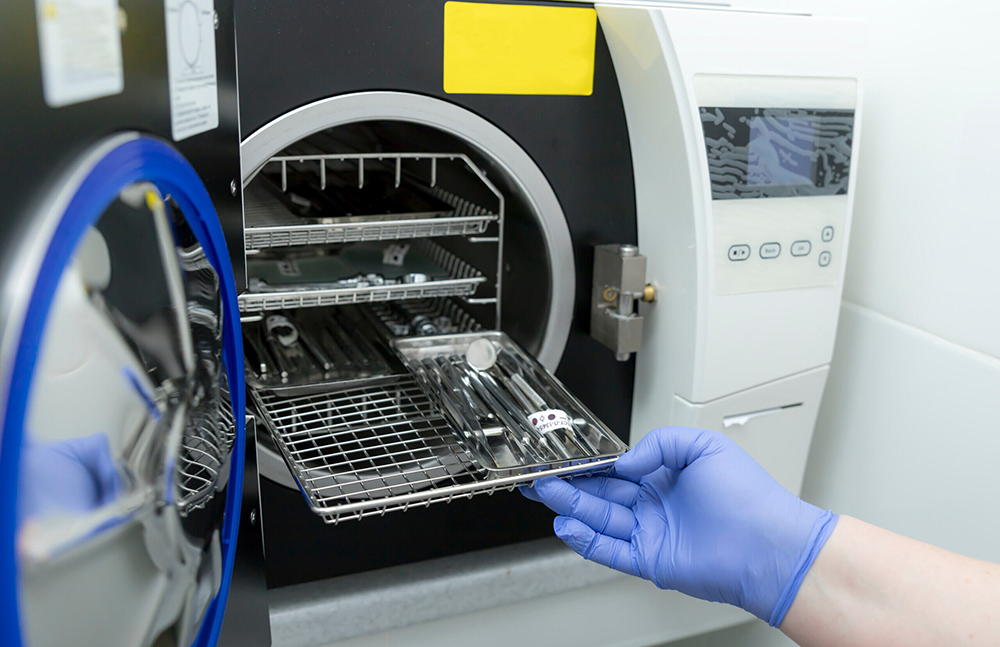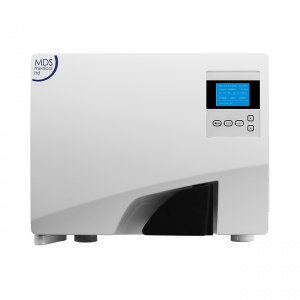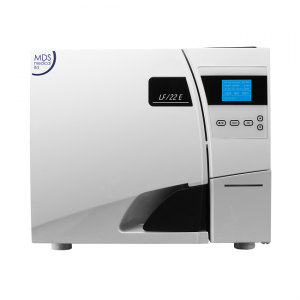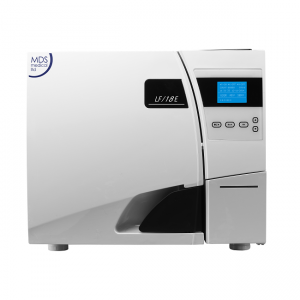Ensuring the regular maintenance of autoclaves is paramount to uphold proper equipment functionality, safety compliance, longevity, and quality assurance. By prioritising autoclave maintenance, you create a secure environment for both practitioners and patients during the sterilisation processes.
Equipment Functionality: Regular maintenance plays a crucial role in guaranteeing the proper functioning of autoclaves. Any malfunction or inefficiency in the autoclave can compromise the effectiveness of the sterilisation process, potentially leading to inadequate disinfection. Routine maintenance checks allow for the timely identification and resolution of any issues, ensuring optimal performance of the autoclave.
Sterilisation Safety: Autoclaves are instrumental in eliminating harmful microorganisms, and their safety is paramount in preventing the spread of infections. Regular maintenance involves thorough checks on crucial components such as pressure valves, temperature controls, and steam generators, ensuring the autoclave operates at peak efficiency and consistently delivers reliable sterilisation results.
Compliance with Regulations: Autoclaves, like other medical equipment, are subject to stringent regulatory requirements to ensure patient and operator safety. Regular maintenance practices involve calibrating and inspecting various components, such as pressure gauges and temperature sensors, to ensure compliance with industry standards such as the Care Quality Commission (CQC). This proactive approach guarantees that your autoclave consistently meets regulatory guidelines, providing a reliable and compliant sterilisation solution.
By committing to regular autoclave maintenance, you not only enhance the safety of your facility but also contribute to the overall effectiveness of sterilisation processes, promoting a healthier and secure environment for both staff and patients.



